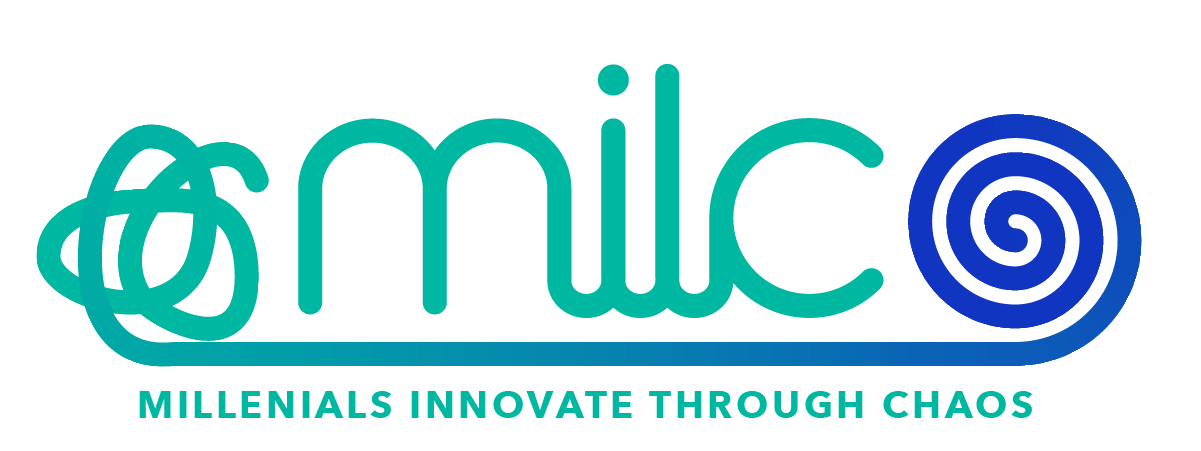
What is Flexibility?
The word “flexibility” technically means the ability to bend without breaking. Flexibility is the willingness and ability to take on new responsibilities. It’s not simply a “can do” mindset; it’s also a “will do” attitude. To be flexible, you should adjust your priorities to meet the needs of your organisation.
When it comes to how work is done, flexibility is a technique that stresses being able and ready to adapt to changing conditions. Flexibility in higher education benefits both the teachers and their students and the businesses which have a connection between academia and the industry.
Briefly, Flexibility is a Thinking Skill that focuses on a people’s capacity to adapt to new conditions, improvise, and change techniques to meet a variety of obstacles.
Why is Flexibility so important?
Today, scientists, employers, and public figures believe that “flexible abilities” are required to execute various professional tasks, particularly in “person-to-person” communication.
Here are a few reasons why workplace flexibility is important:
Flexibility in higher education and work environment is beneficial since it helps millennials feel more appreciated while creating trust and a more creative work environment.
Millennials who feel valued in classes and work-life are more likely to study or work to their full capacity.
It promotes millennials’ autonomy by allowing them to pick their schedules, projects, and work locations.
Millennials are motivated, and morale is boosted by flexibility since it provides them with intriguing incentives.
Offering a flexible schedule assists millennials in achieving a better study and work-life balance and relieves stress.
How to enhance your Flexibility?
Focus on your strengths, do not think your ideas are not good and sabotage yourself.
Never stop learning, surround yourself with interesting reads, and take time for hobbies and leisure. Opening up your mind and doing different things will help you to see different viewpoints and complexities.
Be curious, try and look at things as if they were the first time you see the time. Think back on how you explored things when you were a child.
Share and cooperate with others around you, this will open up new knowledge, ideas and solutions you did not consider before.
Do not be afraid to ask, ask inspiring questions and address them to everyone, from colleagues to friends and family and even children. Their answers might inspire you and give access to new knowledge.
Respect your biorhythm, find out which part of the day or week is best for you to reflect, brainstorm and think about new ideas. Put a slot in your agenda for this and make it part of your routine.
The MILC project and Flexibility
The main objective of the MILC project is to create a learning approach that will equip the Millennials with 21st Century skills to practice leadership based on their way of thinking and behaviour. The MILC project will facilitate innovation support activities to ensure Millennials understand and take advantage of the opportunities offered by new innovative concepts, methodologies and approaches.
As you may have already guessed, Flexibility is one of the 21st Century skills and developing it could be highly beneficial for any field of work. Discover more about it in the articles below and explore the MILC project’s website.
